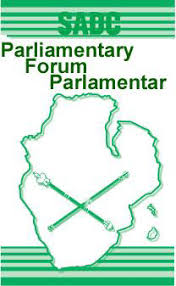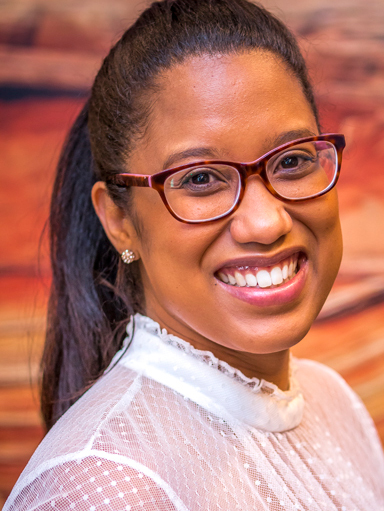
Parliamentary Forum lobbies to become a proper regional governing body

By Danai Majaha in Windhoek.
There seems to be light at the end of the tunnel for a Southern African Development Community (SADC) regional parliament as the new SADC chairperson, Namibian President, Hage Geingob and his predecessor, President Cyril Ramaphosa of South Africa are backing the transformation of the current SADC Parliamentary Forum.
The transformation of the Parliamentary Forum (SADC PF) into a SADC Regional Parliament has been on the table since 2004, with all previous attempts shot down by regional leaders.
The SADC PF is an autonomous institution of SADC established in 1997 as a regional inter-parliamentary body made up of 14 national parliaments, representing over 3,500 parliamentarians in southern Africa.
The member parliaments are Angola, Botswana, Democratic Republic of Congo, Eswatini, Lesotho, Malawi, Mauritius, Mozambique, Namibia, Seychelles, South Africa, Tanzania, Zambia and Zimbabwe.
The forum has, however, not been able to fully contribute to policy-making that is important for regional integration because its formal role in SADC matters has not been realized.
This has seen the SADC PF embarking on a process over the years to develop a working relationship with the SADC Secretariat to create space for parliamentarians to participate more formally in regional integration processes.
Speaking during the 38th SADC Summit in Windhoek, Geingob said the proposed transformation of the SADC PF into a regional parliament will further “entrench democracy in the region.” He pledged to intensify the drive to establish a regional parliament that will bridge the gap between citizens of southern Africa and regional integration processes.
“During its chairmanship, Namibia promises to intensify discussions on the establishment of a SADC Parliament. We believe that the SADC Parliament will not only help buttress the governance architecture of the region, but will also be a key driver of our integration and development efforts,” Geingob said.
The same sentiment was echoed by Ramaphosa who said “parliamentary democracy is at the centre of our collective mission to give expression to the will of the people. The establishment of a SADC Parliament is therefore a matter to which we need to give due consideration.”
In its proposal, the SADC PF has argued that SADC should have its own regional parliament to operate in accordance with the three branches of governance: the Executive, the Judiciary, and the Legislative. It has, therefore, been arguing that the latter is the missing governance branch in the region, not forgetting that a previous SADC Summit dismissed the judiciary on the insistence of Zimbabwe’s former president.
The Parliamentary Forum further argued that the full implementation of the various SADC protocols that need to be ratified and domesticated into national legislation demands the existence of a regional parliament that will play an effective role at national, regional and international levels.
The proposed regional parliament will be expected to facilitate the ratification and domestication of SADC protocols and other legal instruments as well as the continental and international treaties or agreements to which the region has acceded.
However, the proposed parliament will respect the sovereignty of member parliaments and will be subservient to the SADC Organ on Politics, Defence and Security Cooperation, which will maintain formal and legal relations with other SADC institutions under the authority of the summit of heads of state and government.
Another function of the proposed parliament will be to strengthen and facilitate the effective implementation of SADC policies and programmes, thereby improving the capacity of the regional organisation to achieve its targets.
Once operational, the proposed SADC Regional Parliament will draft and approve model laws of common interest that will assist in improving the quality of life of citizens of the region.
In terms of financial implications of the transformation of the forum into a parliament, SADC PF has argued that this will not result in any increased costs for national budgets.
This is because the central financing of the regional parliament will be based on the current arrangement where member parliaments make equal contributions annually.
The proposal is that the current secretariat of the SADC PF will continue as the secretariat of the regional parliament, with its headquarters remaining in Windhoek.
It is further proposed that the regional parliament will hold rotating sessions in the member states. This is already happening where plenary assemblies of the SADC PF are currently hosted by member parliaments.
Southern African News Features are produced by the Southern African Research and Documentation Centre (SARDC), which has monitored regional developments since 1985. Website and Virtual Library for Southern Africa at www.sardc.net











































